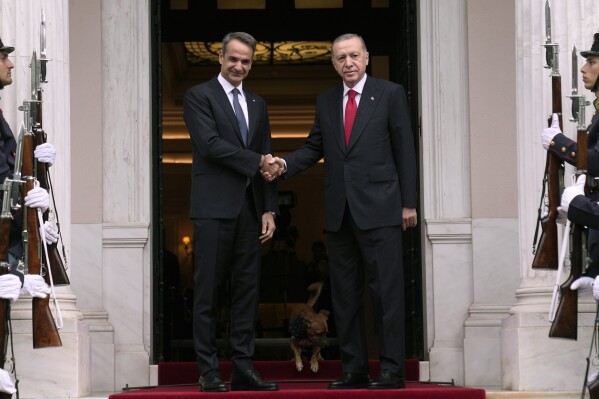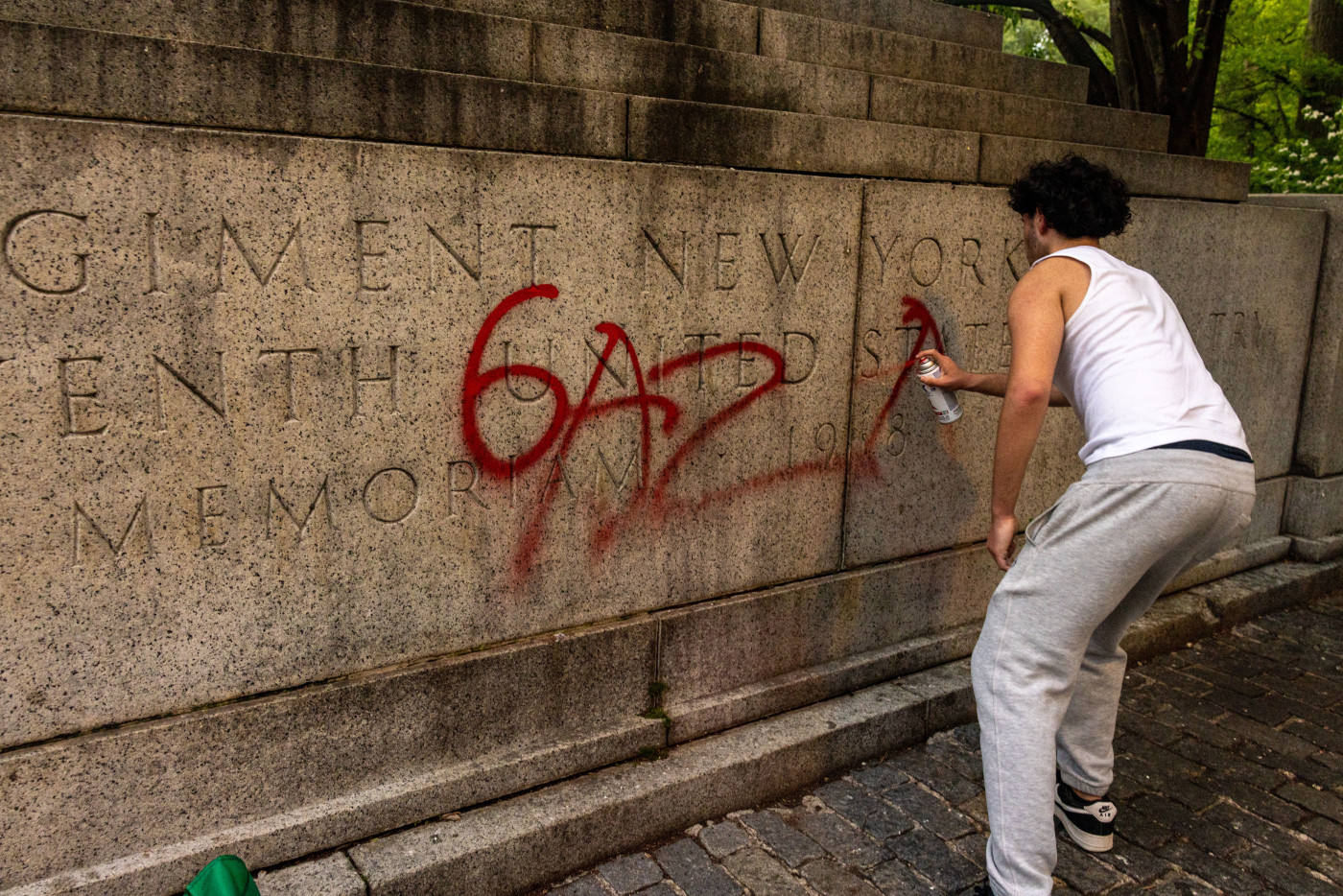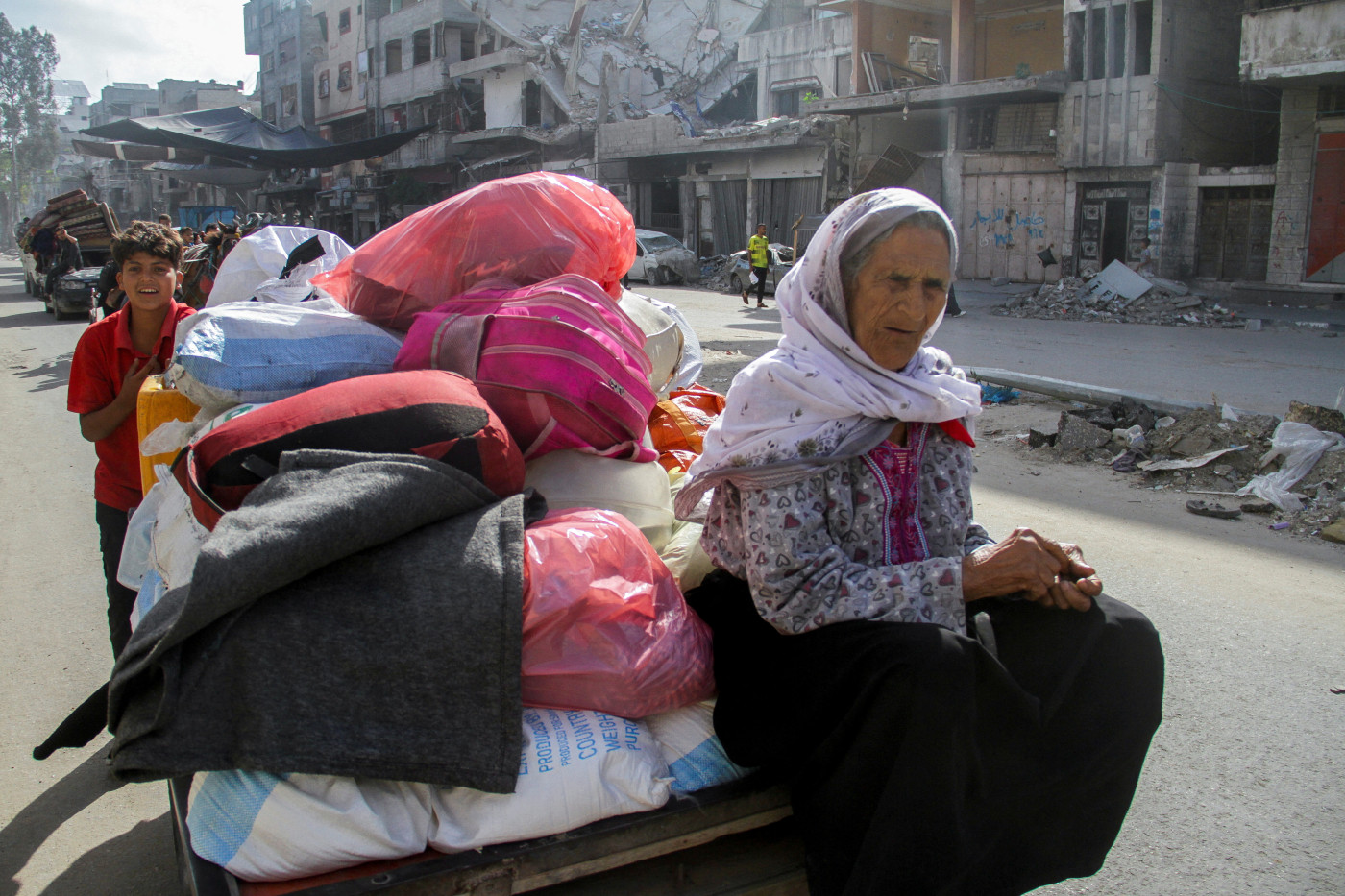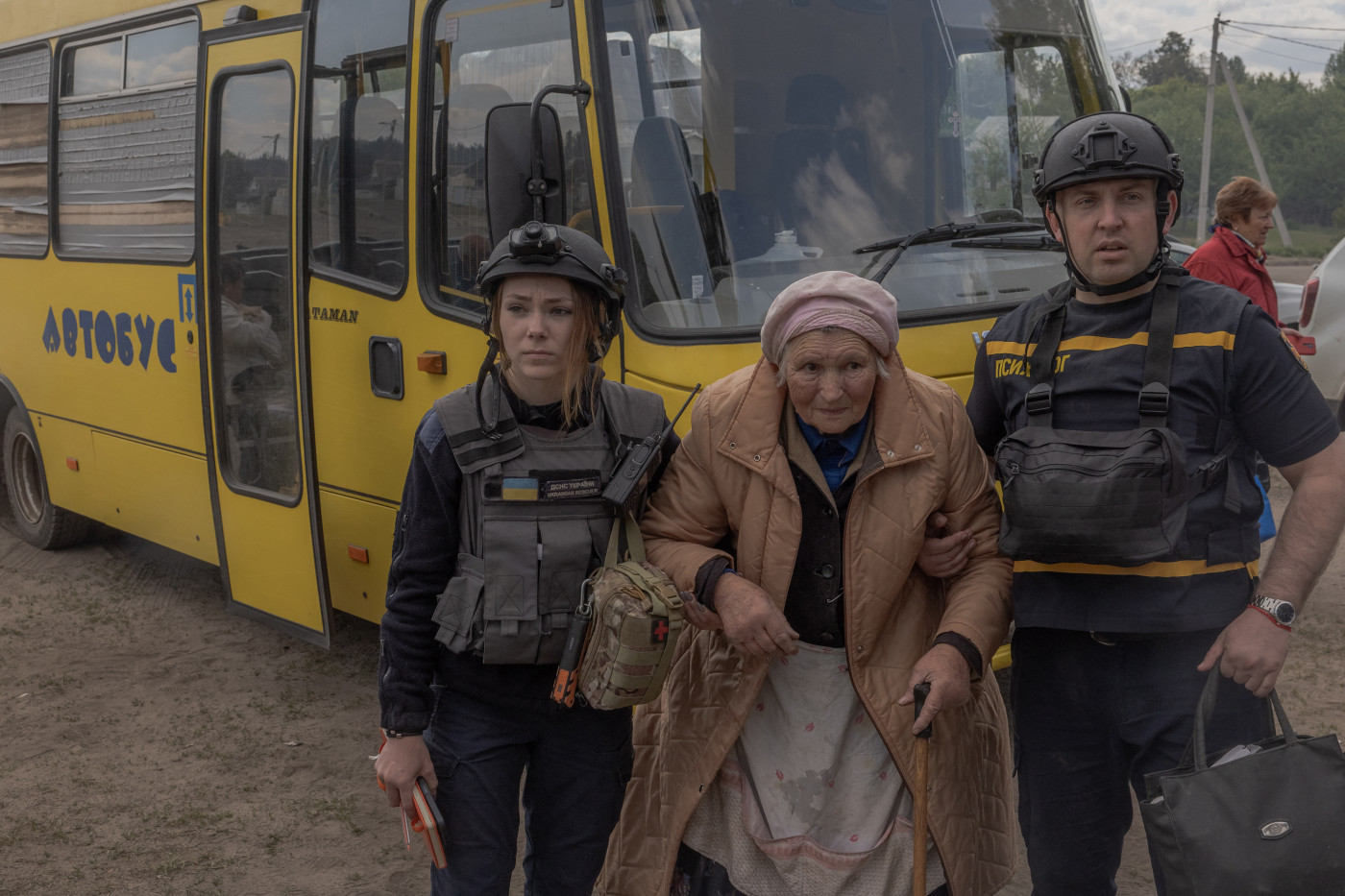North Korea Suspected of Sending 1970s Weapons to Russia
South Korea's intelligence service is investigating reports that North Korea has shipped decades-old munitions to Russia for use against Ukrainian forces.
South Korean media quoted Seoul's National Intelligence Service as saying Sunday it is "analyzing the relevant circumstance in detail and also continues to track overall military cooperation between North Korea and Russia."
The statement follows a Ukrainian photographer's discovery last year of shells bearing numbers and Korean writing, which suggested they were 122 millimeter shells manufactured in the 1970s.
Russia has relied heavily on artillery, particularly weapons that fire 152 and 122 millimeter munitions, in its war with Ukraine, now in its third year. Though Russian factories are believed to be pumping out artillery shells at a rapid pace, demand often outweighed supply in recent months.
The United States, South Korea and others have accused North Korea of supplying Russia with ammunition to help fill this void, but Moscow and Pyongyang have dismissed the accusation.
In January, the U.K.-based investigative organization Conflict Armament Research identified what it said was a North Korean missile among debris in Kharkiv, Ukraine. In addition, Ukraine's military says North Korean rockets have injured over 70 people and killed at least two dozen.
The North Korean Embassy in Beijing and the Russian Foreign Ministry did not immediately respond to Newsweek's emailed requests for comment.
South Korean Defense Minister Shin Won-sik said in February that North Korea had shipped to Russia an estimated 6,700 shipping containers that potentially contained as many as 3 million 152 millimeter artillery shells.
Since last summer, analysts have tracked Russian cargo ships running "dark" with their location transponders switched off. Satellite imagery showed they had taken on containers of suspected arms shipments at North Korean ports.
Russian vessels have been accused of smuggling refined petroleum into North Korea in violation of the 500,000-barrel cap placed by the U.N. to squeeze Pyongyang's development of nuclear weapons.
In March alone, these Russia shipments exceeded 165,000 barrels, White House national security spokesman John Kirby said earlier this month.
In addition to winning Moscow's favor, North Korean leader Kim Jong Un may stand to benefit from giving away dated munitions. But a top Ukrainian intelligence officer said earlier this year that half of the North Korean shells sent to Russia were duds.
This past Friday, Kim oversaw the test-firing of an upgraded multiple rocket launcher, North Korean state media said, in the latest in a months-long series of tests as the country seeks to modernize its military capabilities.
Pyongyang and Moscow have also been publicly strengthening their ties diplomatically.
In March, Russia, one of the five permanent members of the United Nations Security Council, vetoed the renewal of an experts' panel that has for nearly two decades monitored cooperation with sanctions related to North Korea's ballistic missiles and nuclear weapons programs.
Disclaimer: The copyright of this article belongs to the original author. Reposting this article is solely for the purpose of information dissemination and does not constitute any investment advice. If there is any infringement, please contact us immediately. We will make corrections or deletions as necessary. Thank you.



